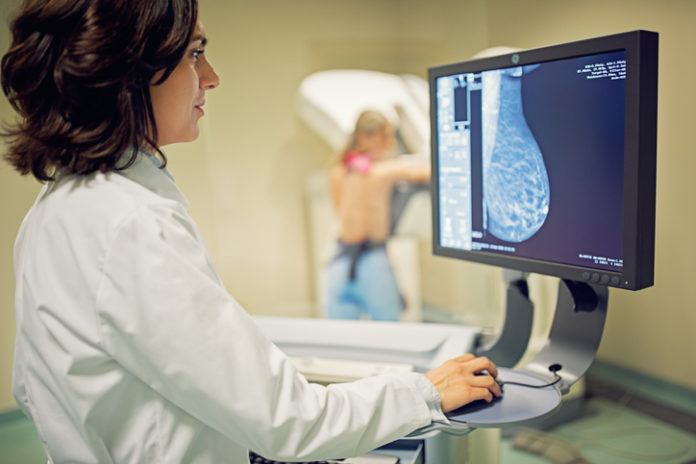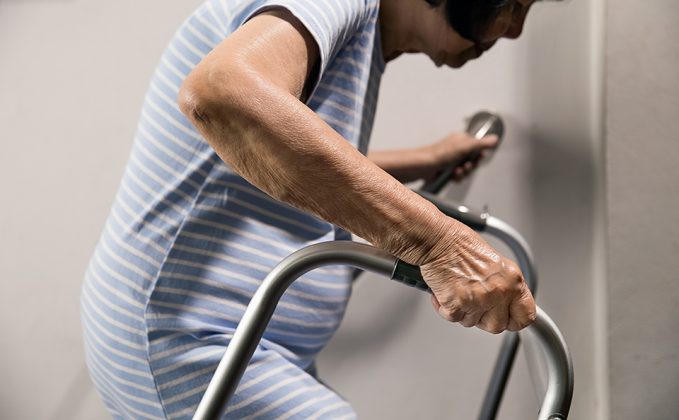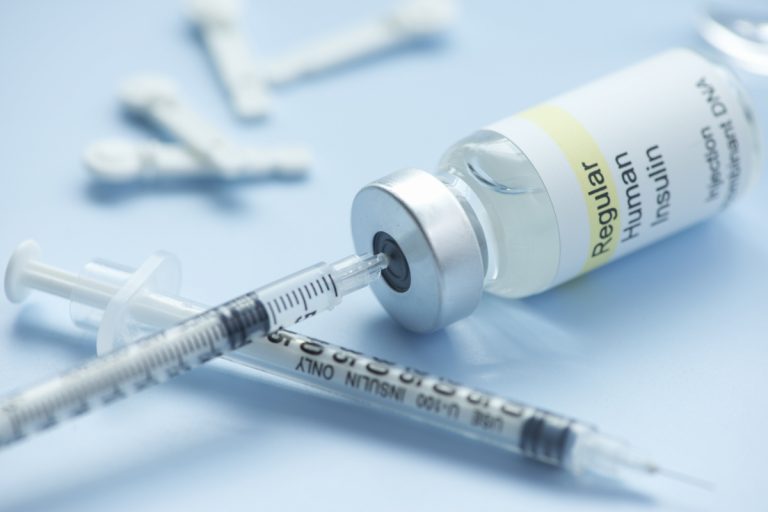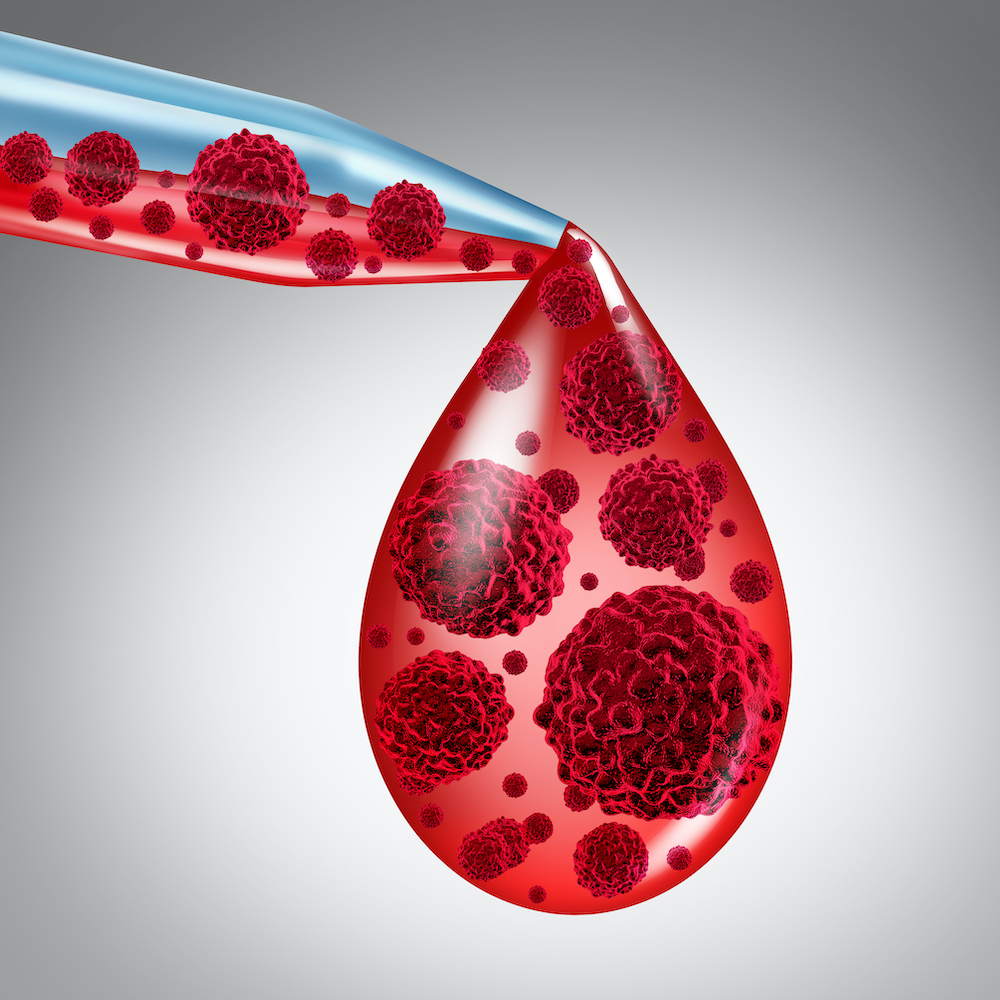A study assessed the comparison of nuclear magnetic resonance (NMR)-derived biomarkers and standard lipids to predict individual diabetes risk among individuals at high risk for the disease. The study was published in BMJ Open Diabetes Research & Care.
Using a machine learning approach, researchers analyzed various groups of biomarkers including NMR lipoproteins, related non-lipid biomarkers, standard lipids, and demographic and glycemic traits for short-term (over 3.2 years) and long-term (over 15 years) diabetes development among 2,590 individuals with pre-diabetes in the United States.
According to the results, models with baseline NMR analytes and their changes failed to improve the discriminative use of simpler models including standard lipids or demographic and glycemic traits. The researchers observed that across all algorithms, models with baseline two-hour glucose performed the best. Sophisticated machine learning algorithms performed similarly to logistic regression in this study, the researchers noted.
“NMR lipoproteins and related non-lipid biomarkers were associated but did not augment discrimination of diabetes risk beyond traditional diabetes risk factors except for two-hour glucose. Machine learning algorithms provided no meaningful improvement for discrimination compared with logistic regression, which suggests a lack of influential latent interactions among the analytes assessed in this study,” the researchers concluded.
Keywords: diabetes mellitus, lipids, lipoproteins, prediabetic state, type 2









